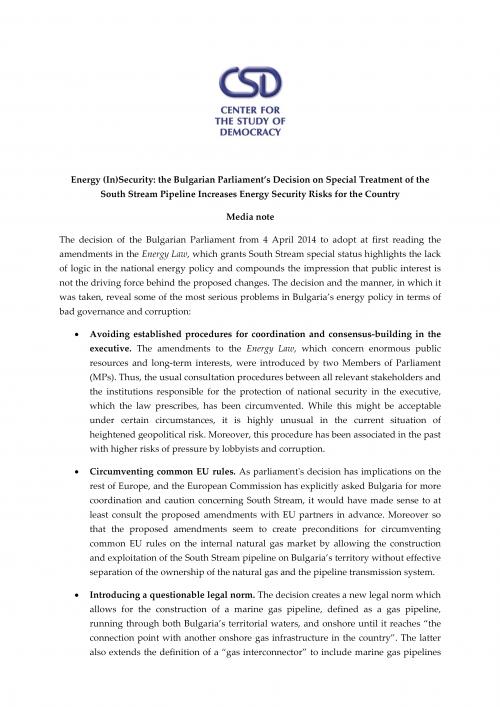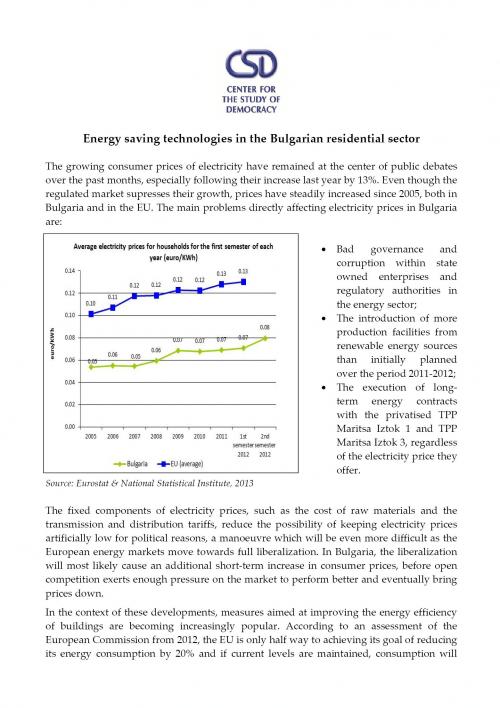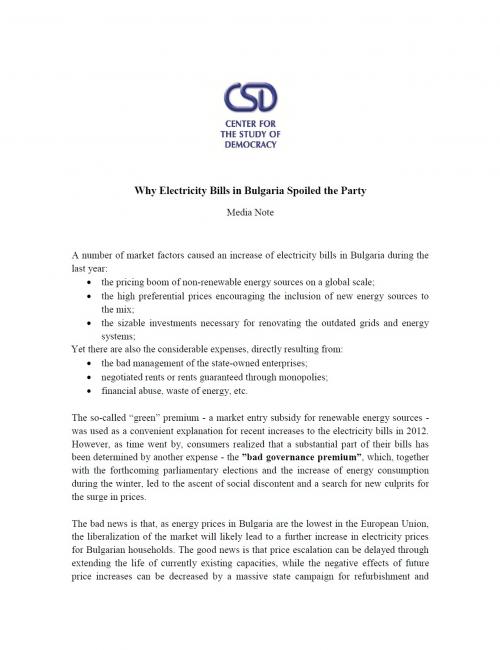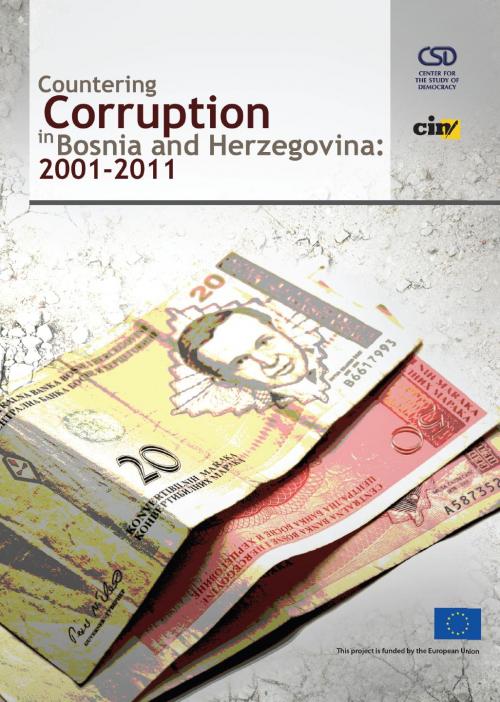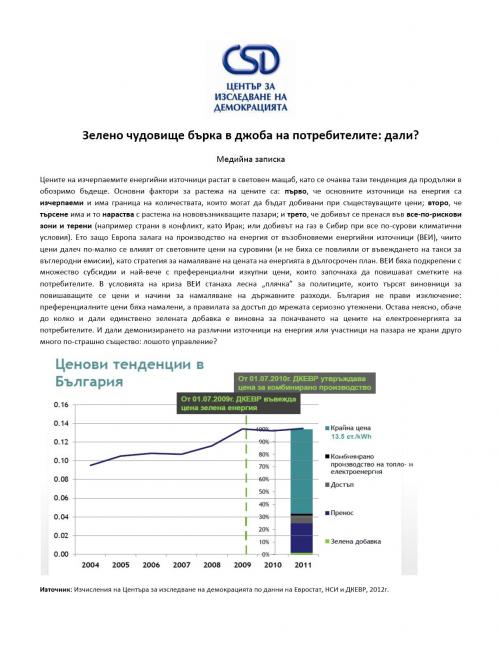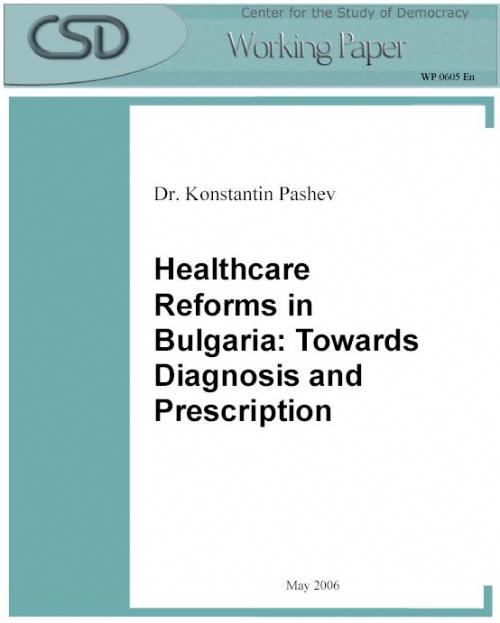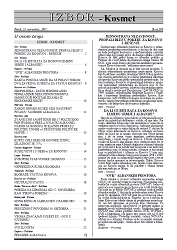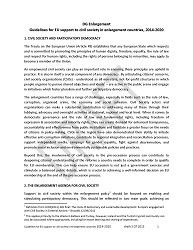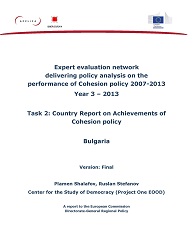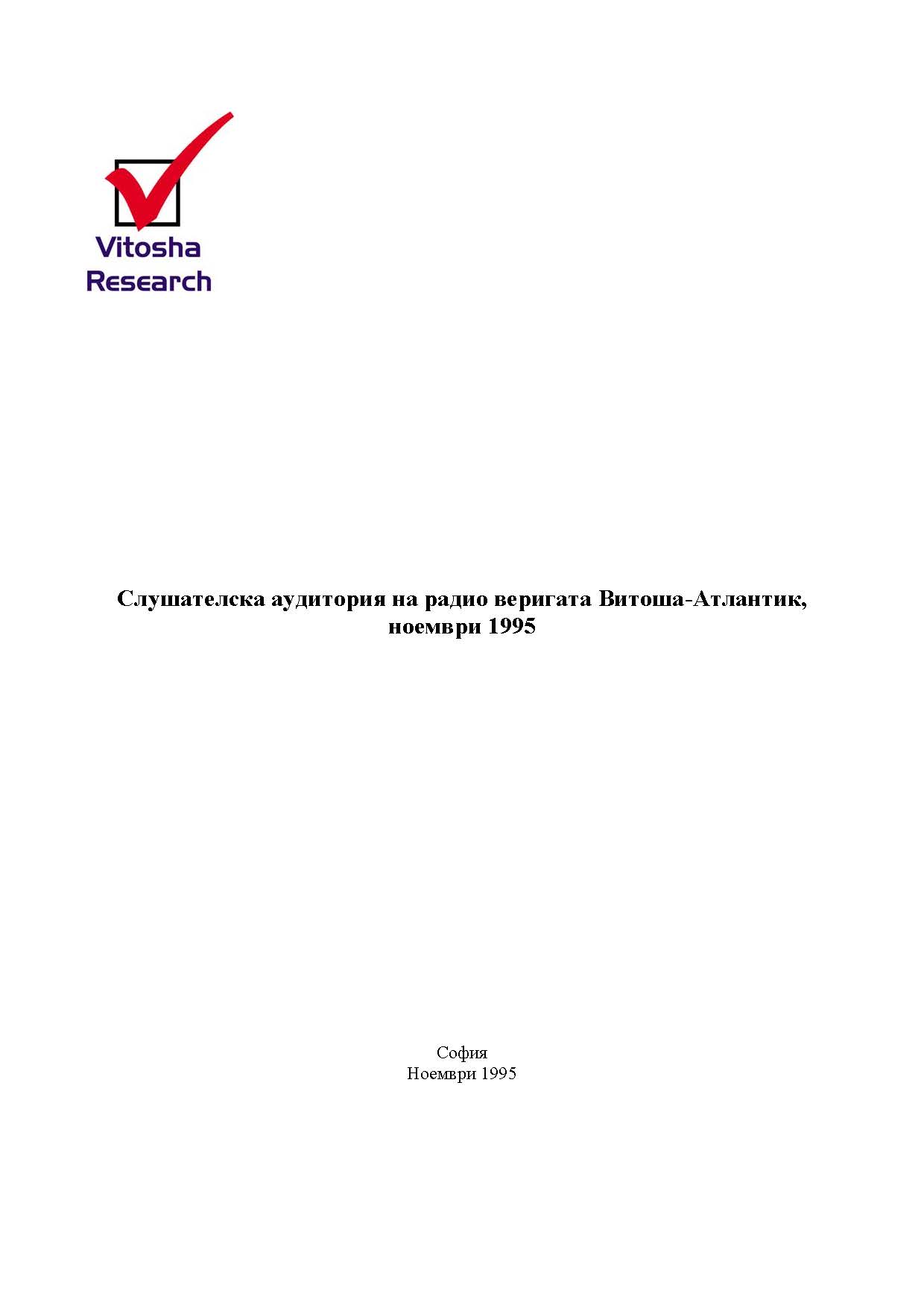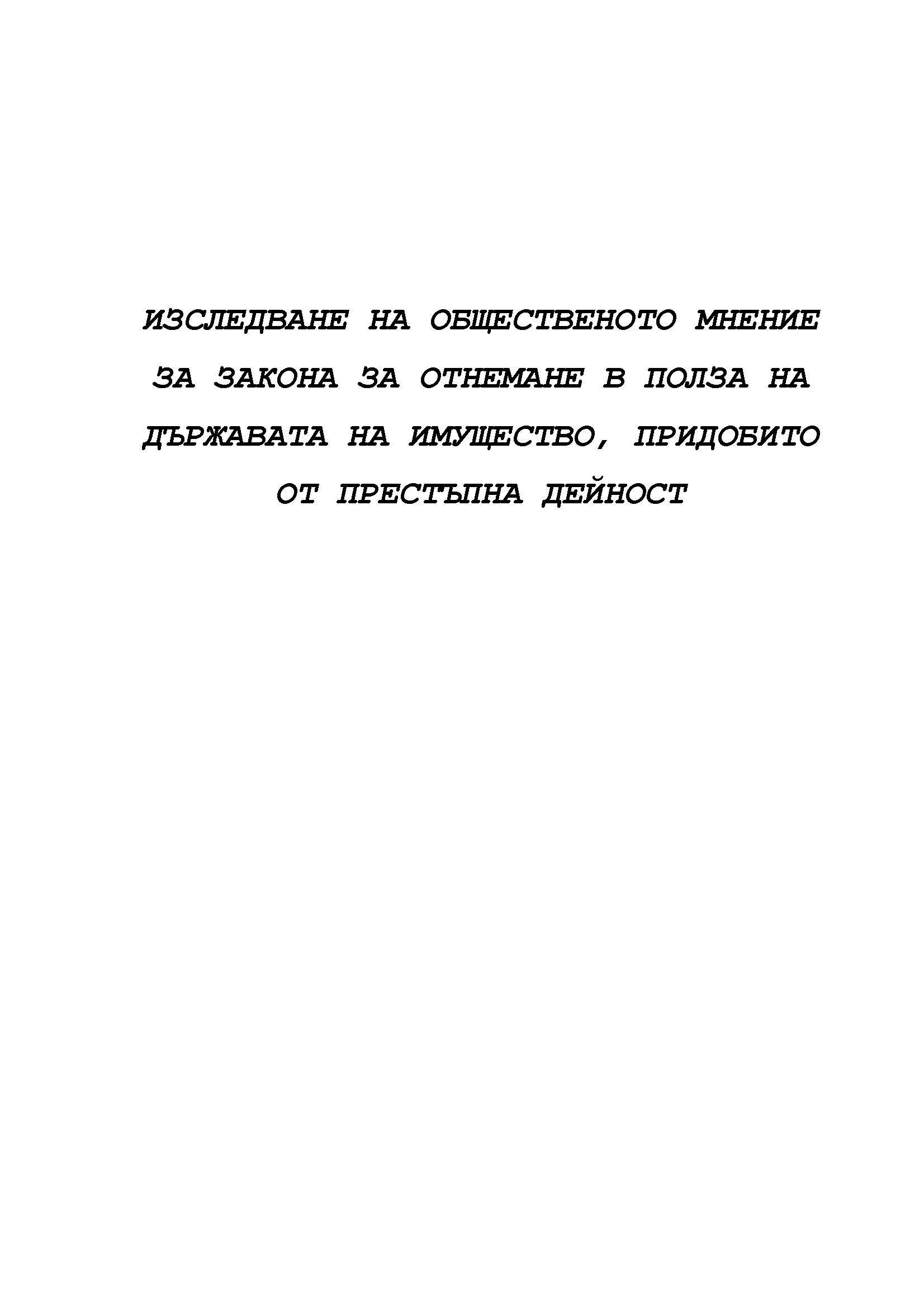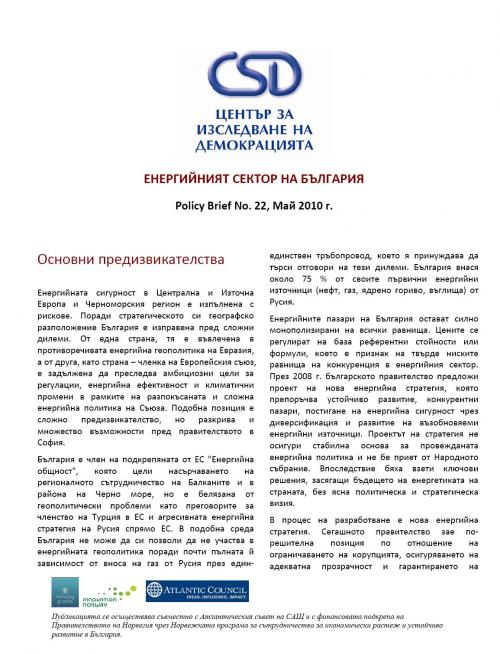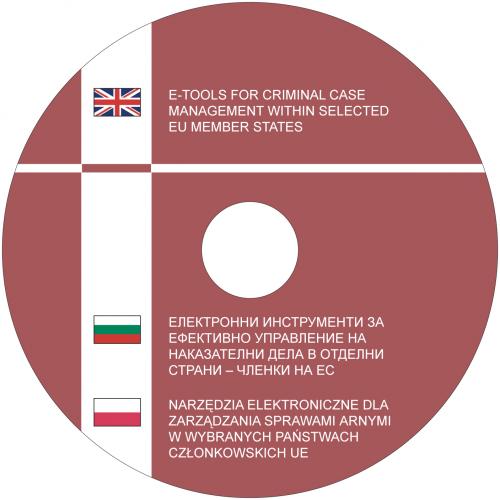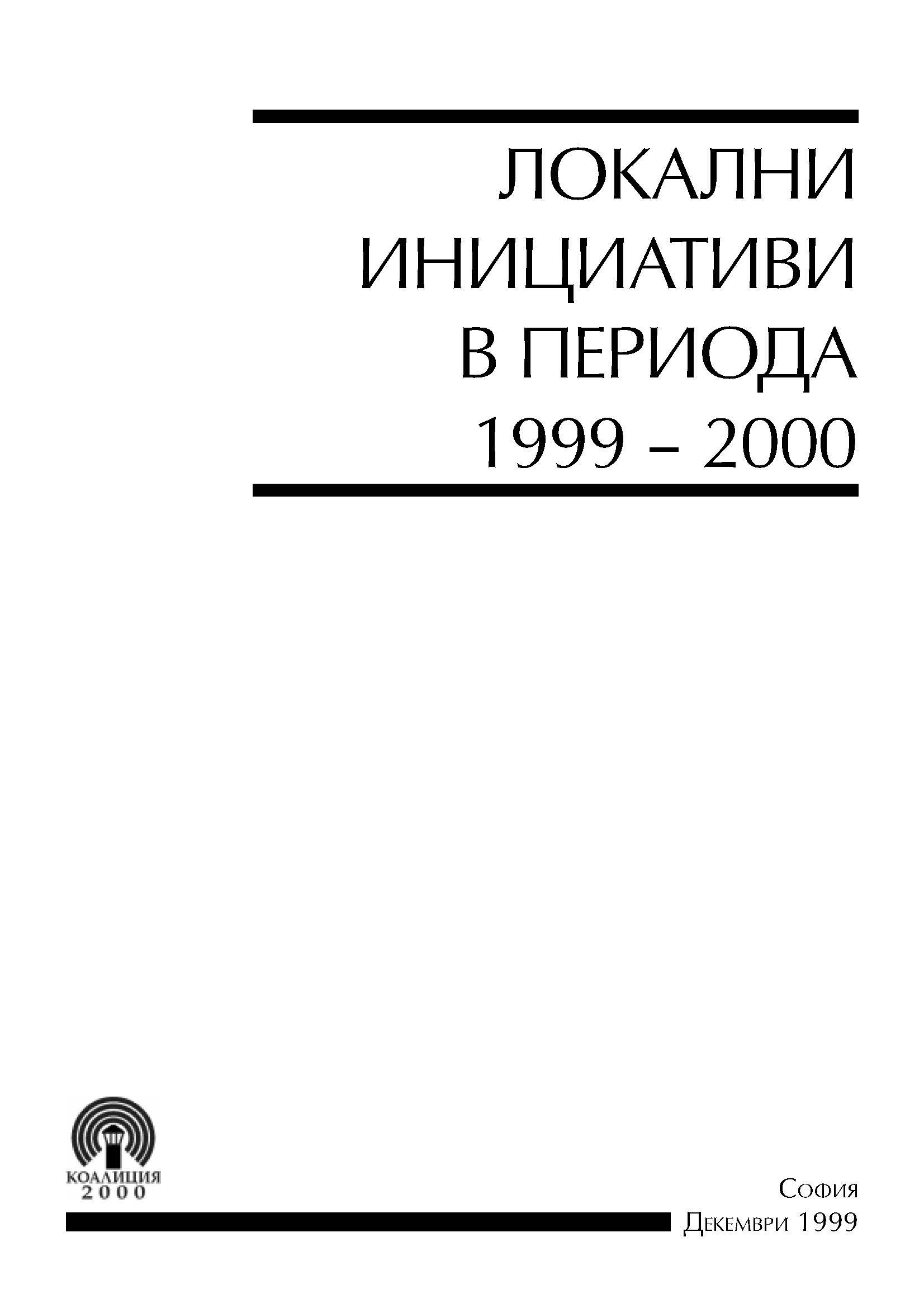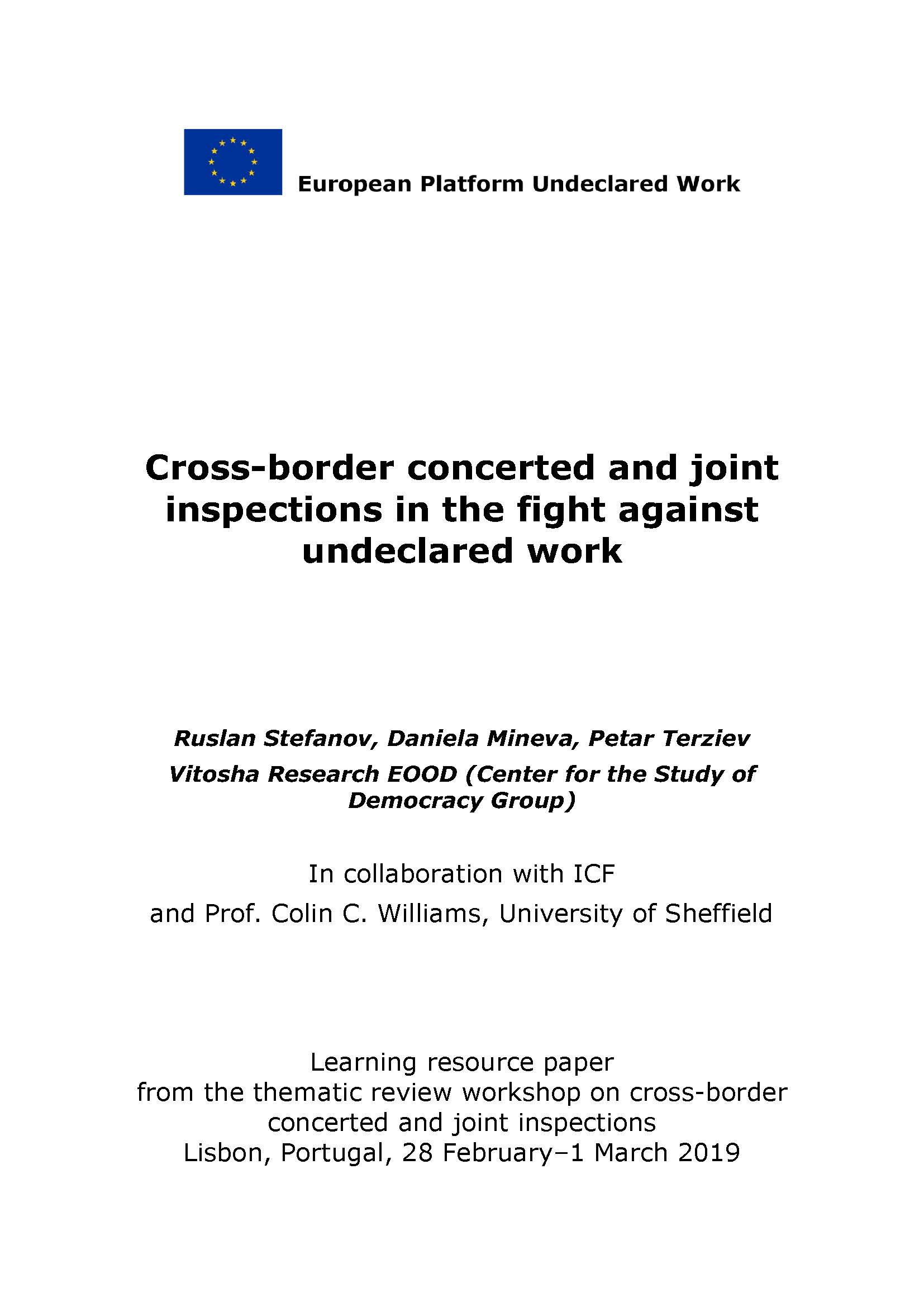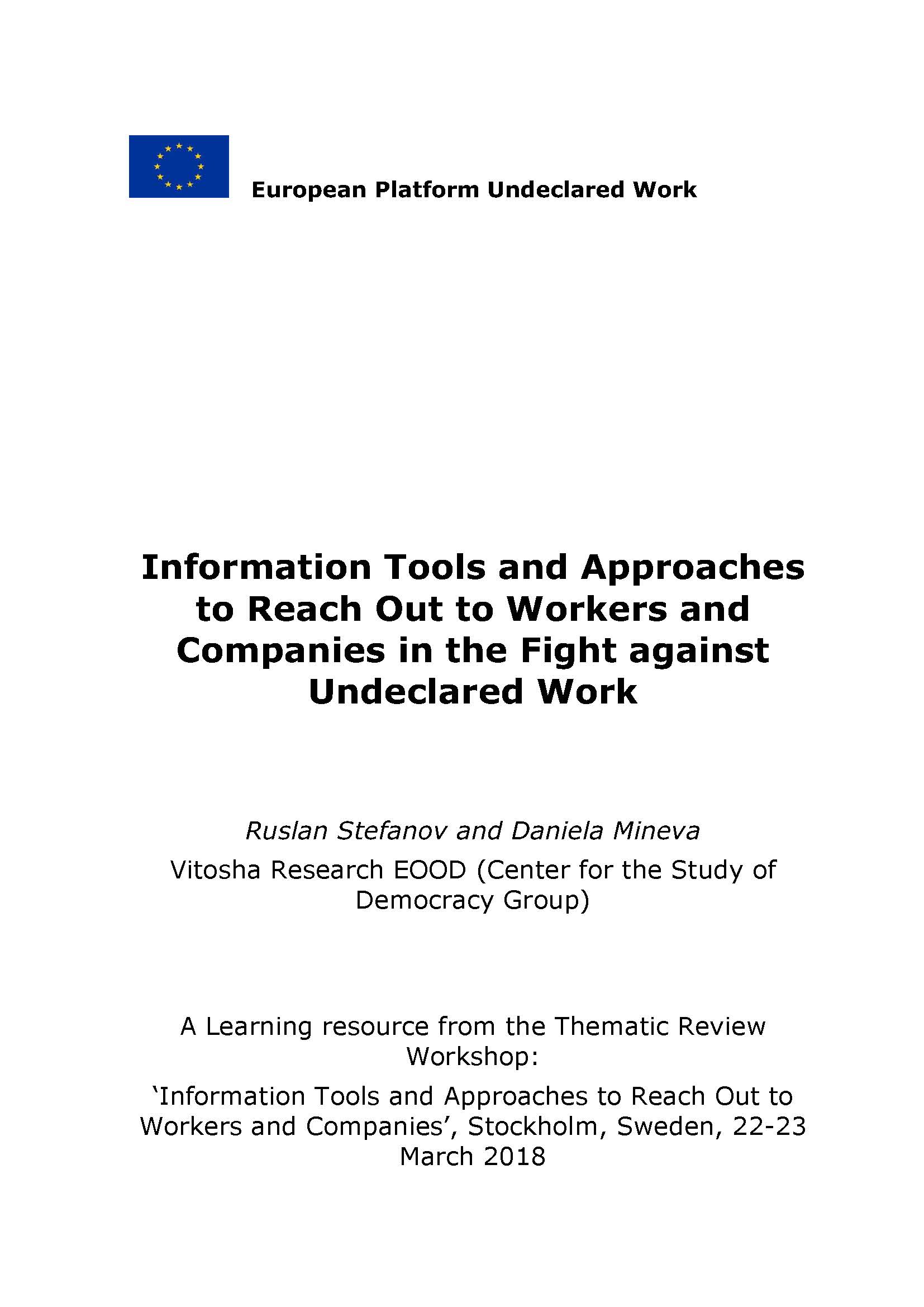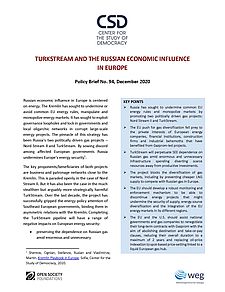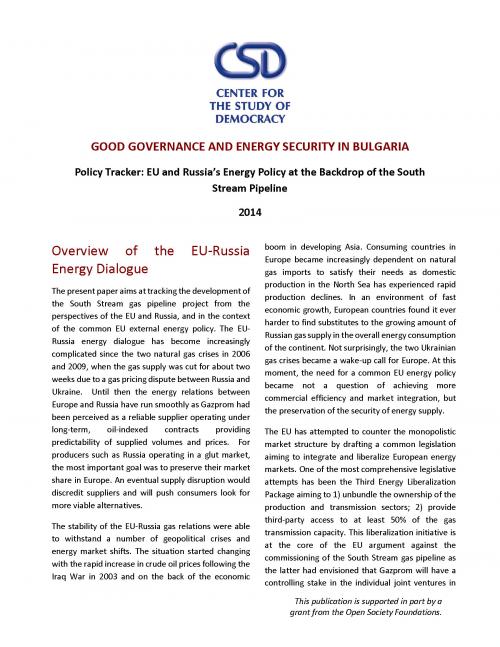
Policy Tracker: EU and Russia’s Energy Policy at the Backdrop of the South Stream Pipeline
The present paper aims at tracking the development of the South Stream gas pipeline project from the perspectives of the EU and Russia, and in the context of the common EU external energy policy. The EU-Russia energy dialogue has become increasingly complicated since the two natural gas crises in 2006 and 2009, when the gas supply was cut for about two weeks due to a gas pricing dispute between Russia and Ukraine. Until then the energy relations between Europe and Russia have run smoothly as Gazprom had been perceived as a reliable supplier operating under long-term, oil-indexed contracts providing predictability of supplied volumes and prices. For producers such as Russia operating in a glut market, the most important goal was to preserve their market share in Europe. An eventual supply disruption would discredit suppliers and will push consumers look for more viable alternatives.
More...
